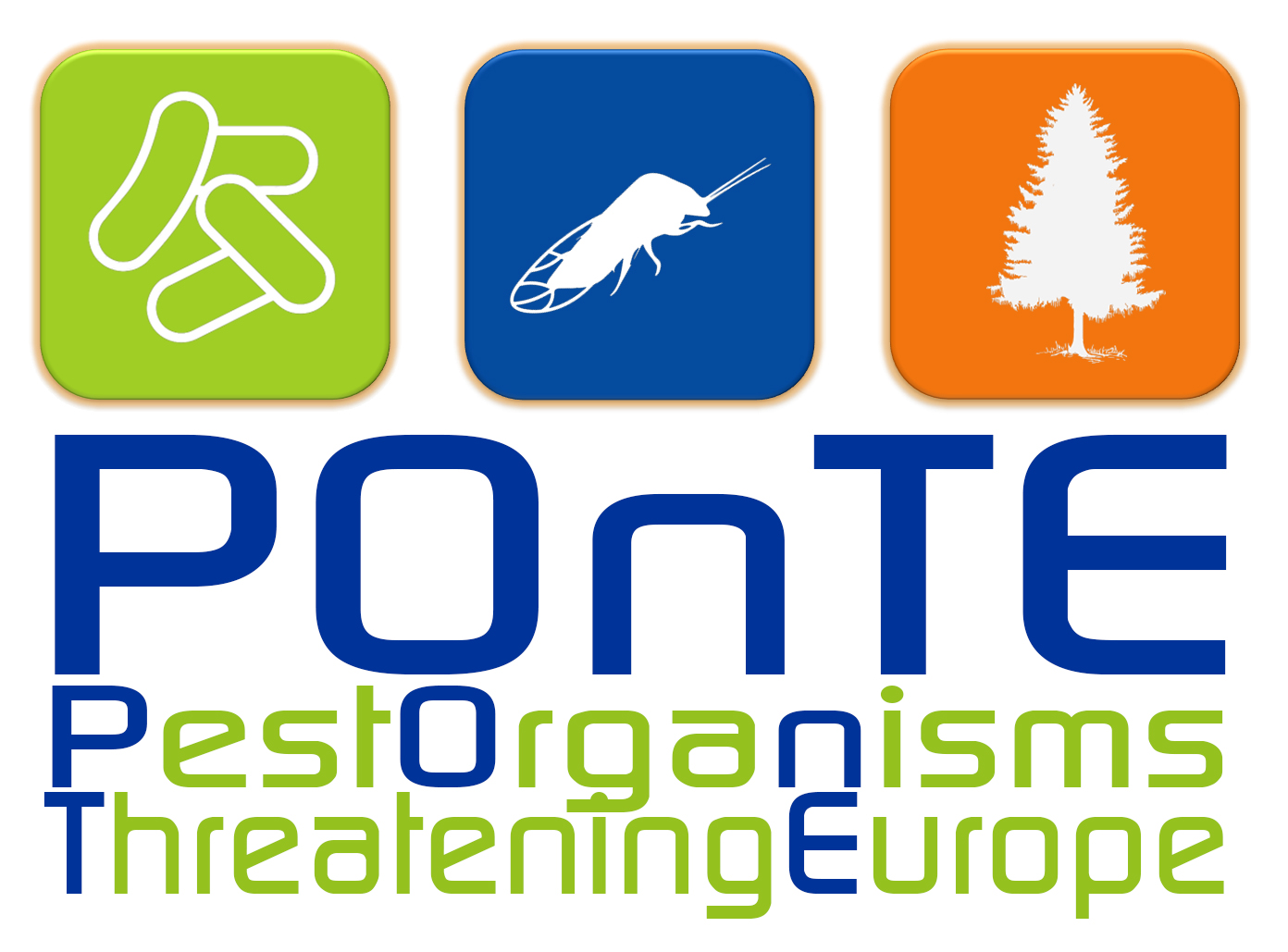New warning over spread of ash dieback
The ash dieback fungus could spread more quickly and affect more trees than previously expected, according to research. Scientists have discovered that asexual spores of the ash dieback fungus (Hymenoscyphus fraxineus) are infectious and can germinate on leaves or infect seedlings via soil. Full story The ash dieback fungus could spread more quickly and affect […]
